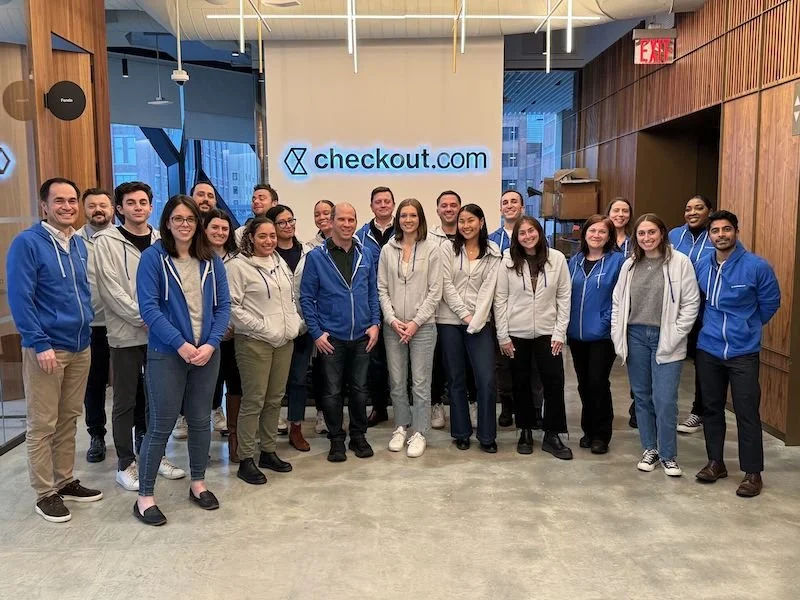Gambling in the USA: on the verge of expansion
How gambling became popular
The USA has a checkered history with gambling. It is said that the Europeans brought gambling across the sea with them when the first settlers arrived. However, as dice and games of chance existed in cultures predating European civilisation, there is no way of knowing when the first American placed a wager.
Many of the early colonies were funded by state lotteries, which were essential to Jamestown, Virginia's financiers, for example. Now the USA is re-evaluating its relationship with gambling once again.
States are seeing the opportunity to bring in much-needed revenues once more and, at the same time, offer consumer protection. In addition, they can now learn lessons from the UK, one of the world's most successful regulated gambling markets.
Influence of the British continues
In 1769 the British Crown drew up restrictions on lotteries and this, amongst many other things, was one of the issues that fueled tensions between Britain and colonial America.
How ironic that hundreds of years later, the much less restrictive UK gambling regime is now influencing the expanding US gambling industry. The US has fluctuated between state-backed gambling to total prohibition and back again. Moralizers always argued against gambling.
They worked hard to get pleasure halls, horse racing tracks, and casinos outlawed. They cited violation of the Sabbath amongst other moral crimes. Others were more concerned about mob control and racketeering – the proceeds of gambling no longer filling state coffers but violent criminals' pockets.
Revolving doors
Over the last decade, the landscape for gambling in the USA has changed all over again. Gambling, in some form or other, is now permitted in 48 of the country's states. It can all be a somewhat confusing picture regarding legality from state to state.
New casinos are popping up, and big-name brands are moving online. To make sense of what is happening, consumers can now turn to professional review sites like Time2Play which have independently assessed the platforms operating in this space.
The US is once again an expanding market, and gamblers, casino operators, and legislators are all playing their part in this revolving drama.
Prohibition and reintroduction
The thing is, if you outlaw something, people will find a way around it. When gambling halls were banned, the operators relocated to riverboats. The Great Depression brought about real change. Nebraska legislated to legalise gambling.
Las Vegas rose up out of the Nevada desert as the gambling capital of America and the self-proclaimed gambling capital of the entire world. The state was initially slow to attract legitimate investment, but the likes of Howard Hughes helped change its image in the 1960s.
The city's connection to organised crime was eliminated. Fast road and air connections to California provided a ready-made and willing customer base.
Other states also moved to legalise gambling in one form or another. New Jersey established the Atlantic City resort, tribal casinos started to operate in some reservations, and riverboat casinos were legalised in Louisiana.
Finally, Congress became concerned about the ill effects of the rise in sports betting and, in 1992, passed the Professional and Amateur Sports Protection Act. Case closed. Sports betting was illegal, and casino betting was limited to a few outlier states and first nation settlements.
The moralisers could rest easy again. What they had not foreseen, however, was the arrival of the internet and another financial crash that would change the landscape all over again.
The age of the internet
It was not just the USA that was caught napping by the explosion of online casinos and betting sites. Regulators and legislators worldwide have scrambled to keep up with the developments.
However, since the start of the millennium, this market has seen exponential growth, with sites offering everything from poker and horse racing to online slots and live dealer casinos. These platforms were set up offshore or in low tax havens in the Caribbean.
They allowed anyone to play from anywhere in the world. The problem was they were unregulated, and if something went wrong, there was no protection for the player.
Balancing budgets
Legislators in states like New Jersey and Delaware were amongst the first to issue licenses for online casino operators. Struggling to balance their budgets, they recognised that selling lottery tickets online could bring in much-needed revenue.
However, they were restricted by the 1961 Wire Act. Furthermore, even when laws were passed allowing online gambling, sports betting was still excluded due to PASPA.
It was not until 2018, when the Supreme Court struck down this law as unconstitutional, that states were free to decide what they did and did not want to happen with both sports and casino gambling in their jurisdiction.
Which state will be next?
This decision was the sea change that is now fueling the expansion of gambling in the USA. While online casino gambling was the first market to be legalised, online sports betting has captured the imagination.
Earlier this year, New York opened for business. Later this month, Californians will go to the polls in a referendum to decide whether or not to legalise sports betting in the state.
The floodgates seem to be opened. Eventually, will it only be Utah that will hold out against the inevitable?









Continue reading…